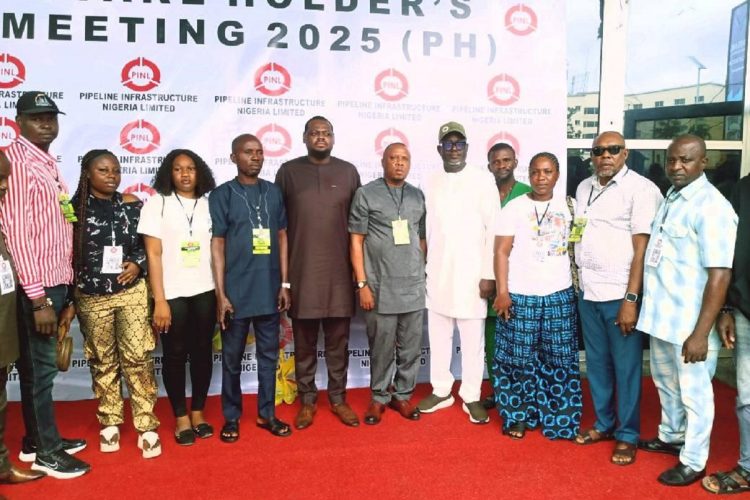
World Bank Advocates Private Sector Development in Nigeria
January 19, 2015
AfDB, Others Boost Africa’s Economic Growth
January 19, 2015Has “partnership†as a concept really led to more sustained development outcomes for intended beneficiaries? Part I.
By Micah Mendie, Advocacy and Analysis Program Officer, PIND Foundation
Partnership has become a buzz word often used by development actors and organizations to demonstrate their belief in the approach and concept. Several development projects and initiatives in Nigeria and elsewhere have been built on the concept and principles of partnership.
A critical question that keeps recurring in my mind day and night is – has partnerships really helped to achieve sustained long-term development outcomes for targeted beneficiaries? Other questions I have also pondered on in recent times include:
- What are the essential elements of partnerships that need to be considered and understood by partners?
- Who really are the real beneficiaries from partnership initiatives?
- Are the intended project beneficiaries involved in the project design in reality?
- Are issues relating to power imbalance and hidden agendas fundamentally addressed?
- Are the principles of equity, transparency and mutual benefit really discussed, worked out as part of the partnership-building process and agreed on by all partners before implementation?
These questions are the focus and basis of a series of blog posts on this topic and my posts will attempt to answer the fundamental question:Â what are the essential elements of partnership-building that need to be considered and understood by partners?
I have observed a number of partnerships between the public sector and civil society fail because the people managing these relationships often forget the number one rule: core values and attributes between both parties must first align.
I have also come to the conclusion that part of the reasons why interventions built on partnership have not always translated into real sustained development outcomes are  because fundamental issues of power imbalance, communication/feedback and skills required to manage the partnerships  are often not clearly defined. When these lapses show their ugly heads, partnership managers tend to hope that situations or circumstances that will resolve these matters will magically appear on their own; no need to therefore address them directly or upfront.
Having been involved in relationship management and partnership development over the years, I have learnt what I call the “essential elements of successful partnerships†that can add value to any existing and planned partnerships. These partnership elements no doubt will go a long way in ensuring that real development outcomes can be sustained for the intended beneficiaries.
Essential Elements of Good Partnerships
- Mutually agreed goals and objectives that are based on the partnership context
- Clearly defined project plan and charter
- Clear roles and responsibilities of each partner
- Clearly defined guiding principles that promotes equity, transparency and mutual benefits
- Clear decision making procedures
- Clear and transparent accountability mechanism designed and implemented
- Clearly defined communication protocol between partners
- A simple results-based monitoring and evaluation system including plan and procedures
- A clear and unambiguous exit strategy
- Partnership sustainability plan
From my personal experience, drawing up a partnering agreement that covers these elements are not in themselves silver bullets for having a successful partnership and/or addressing partnership challenges. Other factors such as the experience, knowledge and skills of the partnership managers in exercising flexibility and balancing the application of these elements with realities on the ground during implementation are also critical.
In conclusion, whilst there may be many common features in the partnering process, no single partnership is like any other. All partnerships are highly context-specific and will invariably be a reflection of the surrounding circumstances. Effective partnering involves partnership managers being engaged and committed; they need to focus on the objectives of the partnership and regularly reflect  and be willing to learn from the experience and change direction if necessary.
Micah Mendie’s blog posts are about sharing his personal insights, knowledge and experiences designing, implementing and managing Social Development interventions and initiatives that covers Partnership development, Models of Development, Advocacy, Policy Analysis & Engagement, Political Economy of Development, Social protection and Conflict sensitivity and analysis









